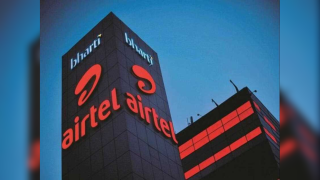President John Magufuli, who was elected in October 2015, says that the regulator is responsible for the loss of $180 million in tax revenue since 2013.
However the figures of potential revenue provided by the TCRA seem to be very different from the loss that Magufuli is claiming.
The president’s office said, according to Reuters: “I want the government to collect all outstanding (tax) revenues and I will not hesitate to take action against anyone who becomes an obstacle in this tax collection drive.”
According to the office of the president, the Tanzania Communications Regulatory Authority (TCRA) installed a traffic monitoring system in 2013 but has failed to use it. The contract was signed by Ally Simba, the director general of the TCRA, who has been suspended.
The contract in question appears to be the telecommunications traffic monitoring system that is still being hailed on the TCRA website as “not only a revolution but also one of the greatest achievements to the country’s communication sector”.
The system was designed to allow 28% of international telecoms revenue to be paid to the government. According to the TCRA’s figures on its own website, international calls are charged at $0.25 a minute, out of which the international network operators get $0.13, “the government receives 7 cents, and the balance of 5 cents is shared by the consultant and TCRA for maintenance”.
This enables the country to earn about 20 billion Tanzanian shillings a year from the revenue share, says the TCRA – meaning that the TCRA’s revenue calculations are a long way short of the 400 billion shillings ($180 million) that the president says has been lost.
According to the TCRA, the contract for the monitoring system went – after an open tender – to a consortium of Société Générale de Surveillance (SGS) and Global Voice Group (GVG). The TCRA website says that: “The project is being financed under build operate and transfer, whose main advantage is that no funds are paid up front.”
Seychelles-based GVG says that it “is a pioneer in the development and implementation of telecom governance technologies”, with clients in 10 African governments, Rwanda, Tanzania, Liberia, Guinea-Conakry, Congo-Brazzaville, Gabon, the Central African Republic, Togo, Senegal and Ghana.
SGS is based in Switzerland and describes itself as “the world’s leading inspection, verification, testing and certification company”, with “more than 85,000 employees”.
Magufuli has built a reputation as an activist against excessive government spending since he was elected: he has banned overseas travel for government officials, cancelled state banquets and – according to one east African website – fired the board of a hospital after finding patients sleeping on the floor.
Operators in Tanzania include Bharti Airtel, Millicom’s Tigo, Smart Mobile, Viettel, Vodacom and Zantel.





